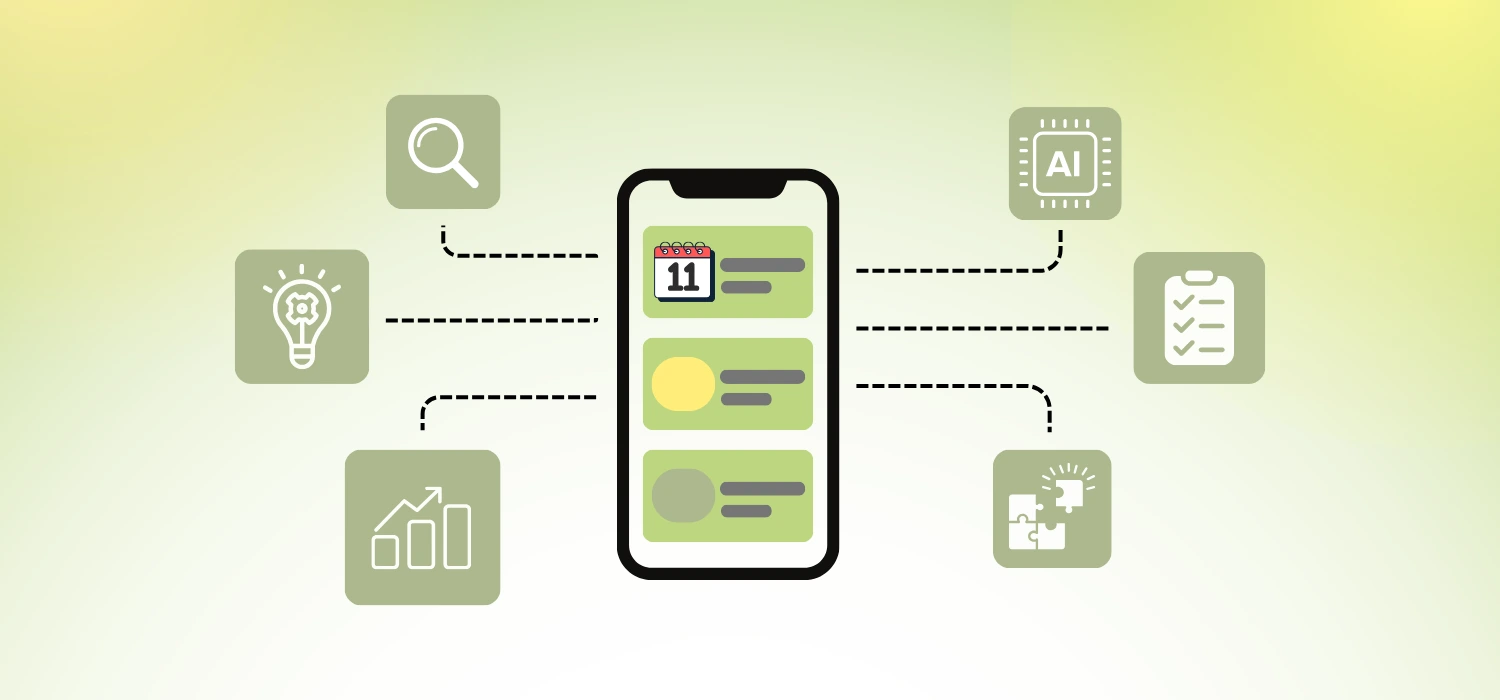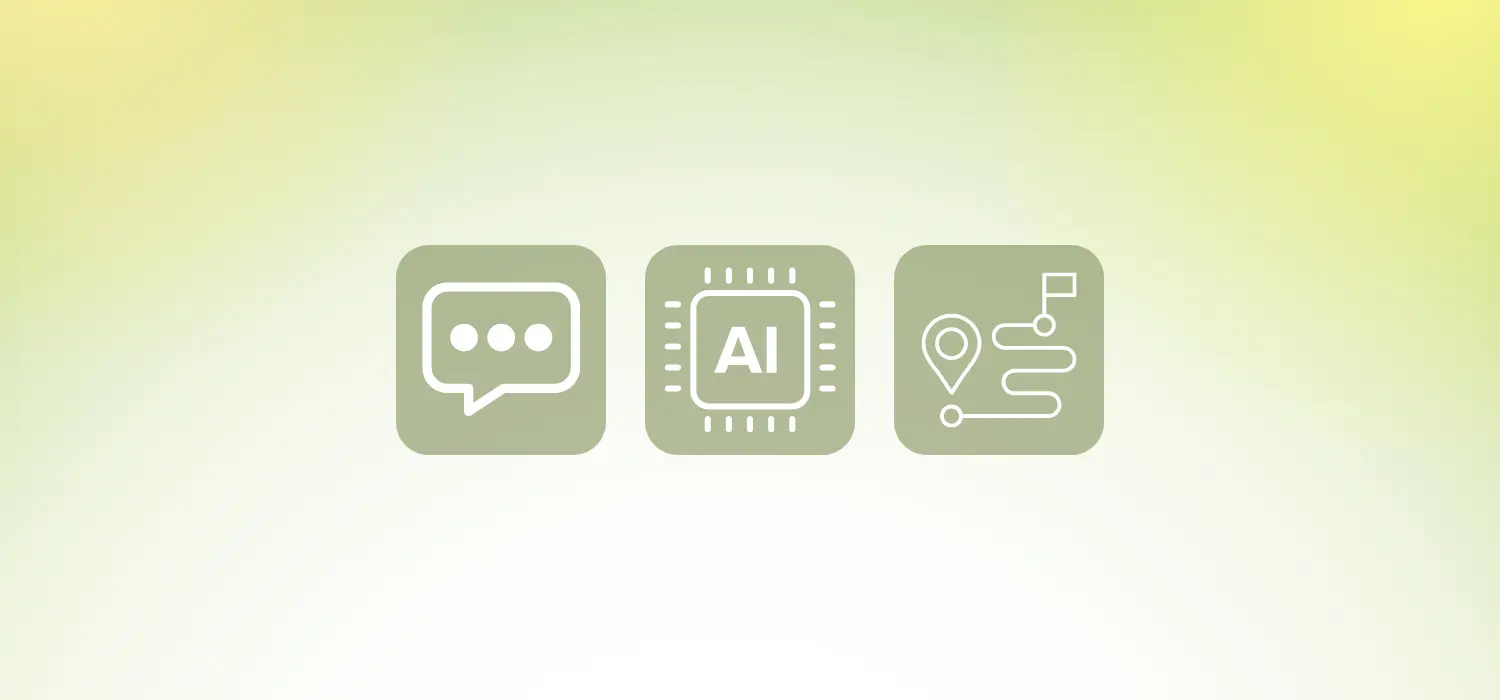Join our newsletter for the inside scoop on Jublia and the events industry


Industry or corporate events are a melting pot of people from all walks of life, all gathered together for a common purpose. They bring together people from different industries, companies, and levels of seniority, whether it’s to learn something new, to network with others, or to simply be inspired. For event organizers, this should be kept in mind when planning for events.
One of the objectives of event participation is generating leads, particularly through networking at these types of functions. According to the results of Display Wizard’s 2022 Trade Show Exhibitor Survey, more than 70% of businesses generated new leads and brand awareness from trade shows. Leads generated at industry events are often more qualified than those generated through other channels, as they are already interested in the industry and the products or services that businesses offer. Knowing this, event organizers should know to plan and center their events along lead generation, to help participants better achieve their event goals.
Event lead generation is the process of identifying and capturing potential customers at an event. This may look different for each stakeholder of an event, however, they are all interconnected. For event organizers, successfully providing lead generation opportunities can help to build relationships for future events. By aiding in this, you are indirectly helping sponsors and attendees with their business networking goals, increasing satisfaction and creating a positive experience. This effort in lead generation in turn, impacts your event ROI, where you can measure the success by attaching tangible metrics to these efforts. The question then becomes, how do we carry out lead generation efforts for events?
For event organizers, you must take into account the importance of the attendee experience while planning, as their journey can determine the lead generation touch-points you aim to have in place. Of course, we must also take note that lead generation isn’t the only factor when it comes to the attendee experience, but it plays a major role in it.

Event Preparation Phase
The event preparation phase is the part of lead generation that organizers cannot overlook. It is the first step of lead generation that occurs months before the start of an event. This is when you will attract the right audience and convert them into confirmed attendees. The question is, how do you, as an event organizer, facilitate this at this stage?
The focus here should be on your intended attendees- attracting the right crowd, and ensuring that you are enticing them with what your event has to offer. Research is essential for identifying the best types of events to host for your business and tailoring your content and presentations to meet the needs of your ideal customers. If you know your customers' goals and pain points, you're likely to host an event that resonates with them and meets their needs. ultimately leading to higher conversion rates. The mix of people you attract to the event matters and sets the quality and precedence for lead generation. This is because whatever the quality of the database at the events sets the first baseline.
Tip: Aside from marketing channels such as social media and emails, use a Public Hub to gain interest for your event, as it allows access to your event platform without login restrictions. This gives the general public a chance to explore your event and get a taste of it before deciding to join. All agendas and sessions can be viewed without login, and your sponsors will thank you for the exposure. The goal is to attract interest from your audience and encourage them to register as an attendee. This provides a convenient way to convert your audience into attendees, and it’s one step closer to establishing an event lead database.

Pre-Event Phase
This is the golden moment for lead generation. The pre-event phase can spread across a few weeks, providing sufficient time for your attendees and stakeholders to better harvest leads. This starts from the relevant pool of registrants that you have secured in the previous phase.
From there, personalization and matchmaking can contribute to the lead generation process. Data from completed profiles of registrants can be useful to provide personalized recommendations for relevant sessions and/or meetings. This type of matchmaking facilitates meetings by helping attendees find potential meeting partners who share similar interests and goals, saving attendees’ time and effort. They can focus on meeting with people who are most likely to be interested in what they have to offer, improving the quality of meetings and increasing the number of meetings that can take place during the actual event days. This process in turn, helps attendees to network and to generate leads before the actual start of the event.
Tip: Get your attendees to fully complete their profiles when registering and inform them of the benefits of doing so. When completed profiles are paired with an AI-powered Event Engagement Hub, providing personalized content and business matchmaking recommendations becomes a breeze. The more information available for the AI to analyze, the better the personalized recommendations it can provide, and the more efficient your attendees’ event experience and lead generation efforts will be.
Live-Event Phase
The primary purpose of an event is to engage attendees and generate leads. To achieve this, event organizers should focus on delivering valuable content, using storytelling to resonate with attendees, and incorporating attendee engagement elements.

Traditional lead generation occurs on the day(s) of the event. Organizers facilitate this by ensuring a smooth experience for their attendees. Make sure that your event has enough space allocated for meetings, and make it easy for your attendees to navigate your event venue to these spaces.
Equip attendees with lead capture tools on d-day to allow for easy and quick recording of contact information while networking, as well as note taking. Engage your attendees and let them know of their schedule, or by sending notifications for upcoming meetings or sessions they have planned for the day. Furthermore, provide a platform that will allow attendees to have conversations, whether it’d be through meetings, networking on-the-fly, or events through chats and messaging. Not only are you creating an engaging and interactive atmosphere, but you are creating more networking opportunities, and this in turn creates more lead generation opportunities.
Tip: Have an interactive floorplan ready for your attendees to use to navigate your event hall(s), for efficient wayfinding. What’s even better is if your map is integrated with their personal agendas, linking and directing them to their next scheduled session or meeting location.
Post-Event Phase
Once your event has wrapped up, that doesn’t mean it's really over. Organizers can carry on in aiding lead generation. The key here is continuity.

Say you’ve gathered the data from your event, and you’ve carried out post-event strategies by sending feedback forms surveys and follow-up campaigns. By reviewing these results and analyzing the trends or patterns (e.g. uncovering trending keywords or breaking down semantics), you now have valuable information that you can send your sponsors or attendees in the form of a leads report or a leads review, especially if the prior activities are tracked. Organizers can analyze sentiments of their attendees and especially their customers (exhibitors, sponsors) and take specific action depending on the results.
For instance if someone is feeling negative, organizers can provide more post-event touch to alleviate this, and if the result is average, they can come in to see how to generate more positive outcomes for them. Positive results are considered the winners and it's then about keeping them close and leveraging on their help to craft the best story on the event to supercharge your future marketing.
Thus, you as an organizer continue to engage and provide value to your stakeholders. The idea is that you and your event are top of mind for sponsors and attendees, and have their trust - which is helpful with return visits for future events!
Tip: Your digital engagement tools must already provide the analytics to set you up for this stage. Don’t just hand out this valuable information to your attendees, but try to get something in return that helps you out as well. Request for testimonials that you can reuse for marketing purposes, preferably specific to their lead generation journey throughout the whole event phase (from pre to post-event).
When it comes to creating a strategy for events, WeeMin Ong of Marina Bay Sands had this to say:
“There’s no such thing as an in-person strategy or a virtual strategy in event design … because f2f events are simply the culmination of one’s virtual journey within a community.”
This is particularly true as an attendee’s journey starts early on before the events, and such is the case for lead generation. It is then vital for event organizers to understand how digital tools that are commonly used for events serve your lead generation journey.
The benefits of using event lead generation tools can include increased efficiency, in which they can help to automate lead capture and follow-up, which can save businesses time and resources. Accuracy is also improved as precise lead information is gathered, which in turn helps with increased personalization, and increases the likelihood of conversion. By using event lead generation tools, event organizers can better the engagement of the event stakeholders, leading to a more successful event lead generation.
Is it no doubt that events provide fantastic opportunities for networking and lead generation. By planning your events with this in mind, you can create an impact for your sponsors and attendees, helping them with their event goals, and subsequently, helping your event goals and ROI. With proper strategy and execution, you can use these strategies to take your event lead generation campaigns at your event to the next level. Speak to our Solution Specialists to find out how Jublia’s Engagement Hub can play a part in this by dropping a message to info@jublia.com to find out how to take lead generation to the next level and follow us on LinkedIn to stay tuned with more exciting updates!
 From AI-Powered to AI-Native: Why Event Platforms Need to Learn
From AI-Powered to AI-Native: Why Event Platforms Need to LearnWhy “AI-powered” isn’t enough – and how AI-Native platforms actually change how events run
 From Tools to Intelligence: Why 2026 Will Redefine the Event Tech Playbook
From Tools to Intelligence: Why 2026 Will Redefine the Event Tech PlaybookInsights from Jublia’s founders on what it takes to build AI-native events in 2026
 The Quality Shift: Redefining Lead Success at B2B Events
The Quality Shift: Redefining Lead Success at B2B EventsHow event organizers can boost event success by prioritizing lead quality


